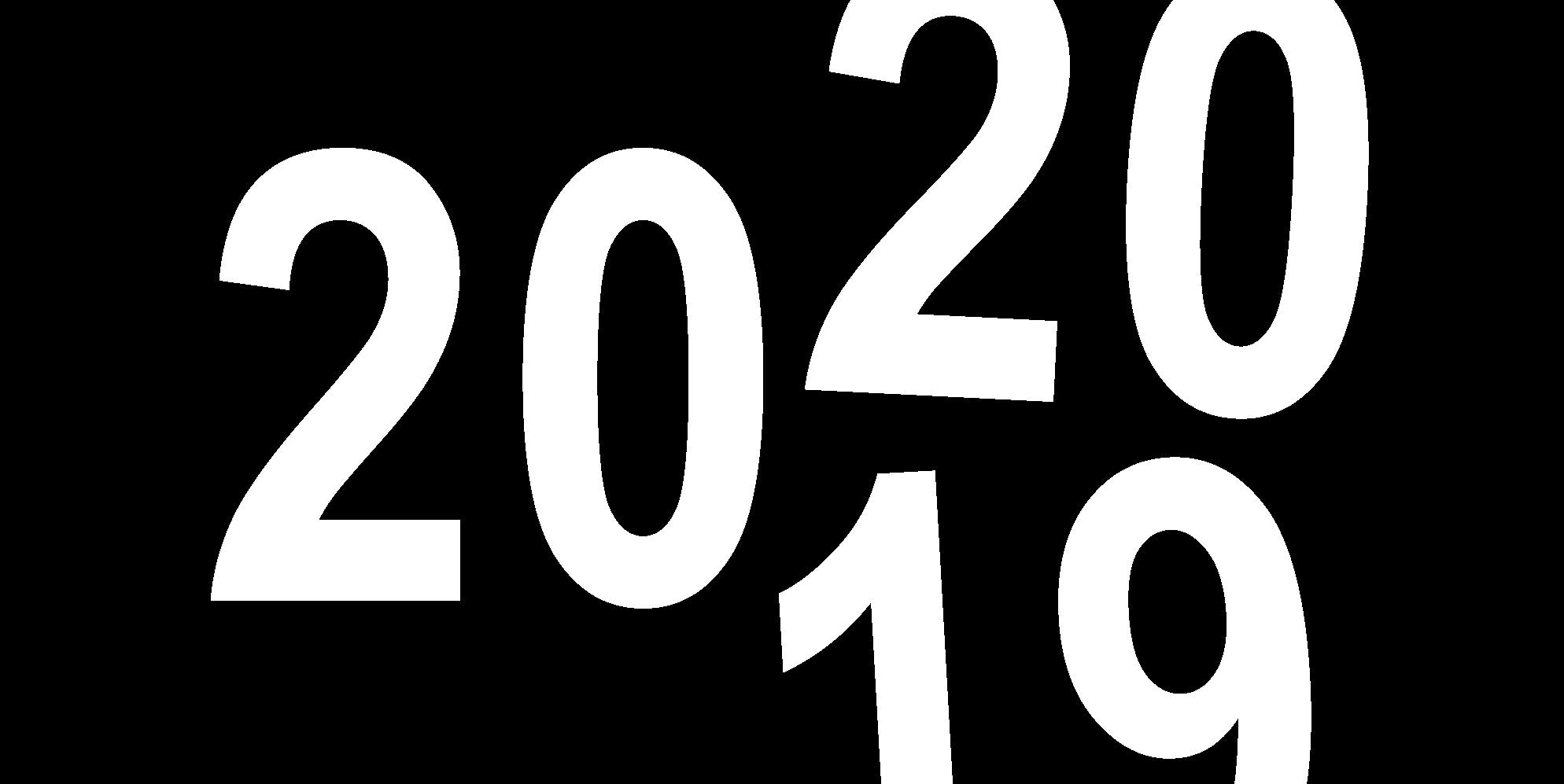Create a free profile to get unlimited access to exclusive videos, sweepstakes, and more!
2010s or 2020s? Some decadent thinking.

[On Twitter recently, I saw people arguing about whether 31 December 2019 is the last day of the decade. These arguments tend to center around a confusion of what is meant by the "decade" — mostly by folks confusing this with how we define “century” (like the 20th century). But they're different! As I read these arguments I smiled; I remember seeing very similar ones 10 years ago. Back then I posted an article explaining all this, and decided to update it for the decade now ending, the 2010s. I hope this may help prevent a bar fight or two. And who knows, I may have to update it yet again in ten years … with 2020 hindsight.]
Is today the last day of the decade?
Despite arguments you might see online, the answer is: Yes. Yes, it is.
31 December 2019 is not just the last day of the year, but the last day of a decade. Now, I don't mean that in the trivial sense that any moment is the last moment of the past ten-year period — you can always talk about the last ten years that end at any time. I meant, and still mean, specifically the 2010s. That does indeed and in fact end today.
The trivial way to prove that is to ask what the date is tomorrow. It's 1 January 2020. So yeah, no more 1 in the tens place, so the 2010s are done.
What people were arguing over were things like centuries and millennia, and how there was no year 0, and therefore the last day of the decade is actually December 31, 2020. But that's not relevant because we don't measure decades the same way we do centuries.
Certainly, the last day of the 20th century was December 31, 2000. In that case, there was no year 0, so the first year of the first century ended on December 31, 1 A.D. Doing the math, it's easy to see that 1999 more years needed to elapse to end the 20th century, and so its demise was on that last calendar day of 2000. January 1, 2001 marked the first day of the 21st century.
But we don't reckon decades like that. We refer to them by the tens place in the year's numerals: the '70s, the '80s, the '90s. And since we do, clearly, today is the last day of the decade we will call the tens (or whatever).
Actually, looking at this now, it seems to me that centuries are more formal, with an actual method of naming them, whereas decades are more of a nickname, a handy handle to use when referring to a time period. Also, you wouldn't say that 1990 was part of the '80s, would you? I think it's clear that December 31, 1989, was the last day of the '80s, just as December 31, 2019, is the last day of whatever term we'll wind up using to refer to the second set of 10 years of the 2000s.
To confuse things in a fun way, the 1900s ended on 31 December 1999, but the 20th century didn't end until a year later, 31 December 2000. Our calendar is a just a little bit screwy. If we did reckon decades the same way as centuries then a point would be made that the decade ends in 2010. But we don't, and in this case there truly is a year 0: the year 2000. So once again, the second decade of the 2000s ends today.
When I first made this argument ten years ago (at the end of the 2000s), a couple of people pointed out that this means the first decade in our calendar only had 9 years: AD 1-9. I suppose that's true, and so it's not really a decade then in the strict definition of the word. But since we're not using a rigorous naming convention, and references to decades are more like nicknames, I'm willing to chalk this up to calendrical goofiness and be done with it. Plus, who talks about the first ten years of our calendar that way anyway?
Confusing this even more was the case someone made that when you are 30, you no longer say you are in your 20s (unless you're lying). But all during that last year, when you say you are 29, you are actually living your 30th year on Earth. After all, when we say a baby is 1, really they have already been around 12 months. We change the number after the fact, so when you turn 30 you've already lived out your 30th year. The whole time you are 29, you're plowing through your 30th year.
Perhaps it would lessen the issue if, when asked how old you are on your birthday, instead of saying "I am 30," you say "I have just completed my 30th year." I strongly suspect that won't catch on, however.
Still, be all that as it may, when you are 29 you are still in your 20s, and when you turn 30 you ain't.
The lessons here are manifold. One is that, and pardon my repetition, the decade of the 2010s ends today. A second is that people are still terribly confused about how to delineate centuries. A third is that this can be generalized to people being confused on how we delineate time. Fourth is that this is all arbitrary and a bit silly.
But we do make rules, and sometimes those rules have to make sense, and sometimes it's fun to talk about them even when it means some people disagree. Hopefully we can all agree on at least this: Happy new year! And happy new decade. May the '20s treat us all far better — and may we make them better — than the '10s.


























